Already in the planning phase, the “Full-Flex Plant“ is fully digitally depicted and optimized. A new press shop, the body-in-white shop, the paint shop and a flexible assembly system for future requirements together with Industry 4.0 create the prerequisites for a flexible production independent of vehicle architecture and drive form.
Production is based on “Lean Production” specifications and includes an ideal plant layout with short distances and processing times for maximum efficiency with a common pulse rate throughout the entire production process. This also includes human-machine cooperation and digitally supported processes, including work organization, logistics and quality assurance.
The body-in-white shop also has new production concepts: From the very first component, the production sequence is defined as in a pearl chain. In the body-in-white shop of the future, the individual stations are flexibly combined. Due to this flexibility, different derivatives of a series can be manufactured simultaneously. Today, this requires several specific production lines.
Modern logistics concepts are also integrated. State-of-the-art Pick-by-Light or Pick-by-Voice technologies are used in the picking areas. While with Pick-by-Light the articles and quantities to be allocated are transmitted to the order picker via a compartment display arranged directly at the picking compartment, the Pick-by-voice employee receives the orders from the warehouse management system via radio directly into the ear.
The human is at the centre of all activities: The employees work at ergonomically optimised workstations and are optimally supported in their tasks by digital tools. The focus is on the use of intelligent, flexible technology. Intelligent human-machine cooperation makes partial automation possible to relieve humans. The design of workplaces and rest areas is based on ergonomic principles and enables new forms of communication in a modern ambience.
,xPosition=0,yPosition=0.5)
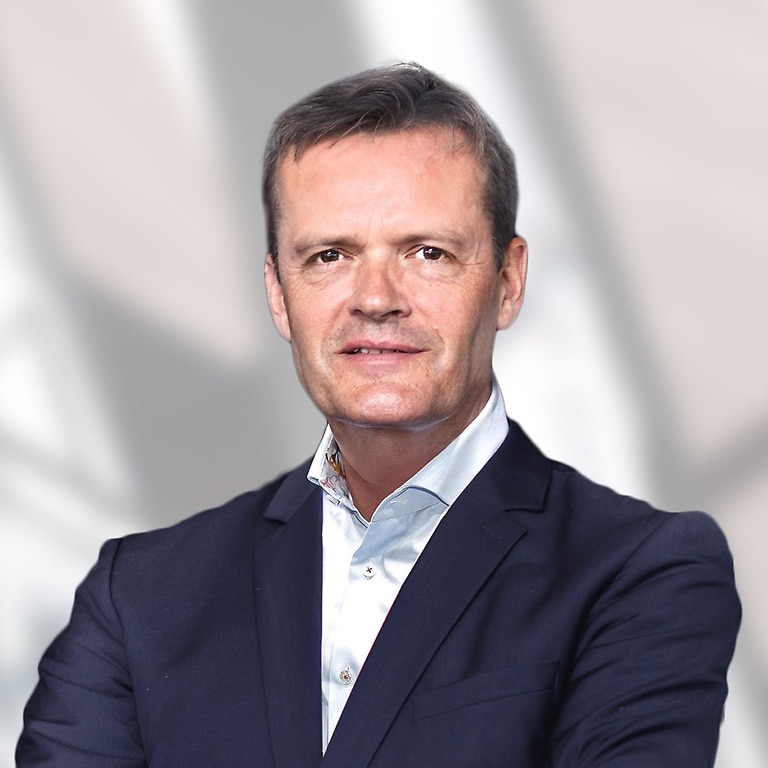
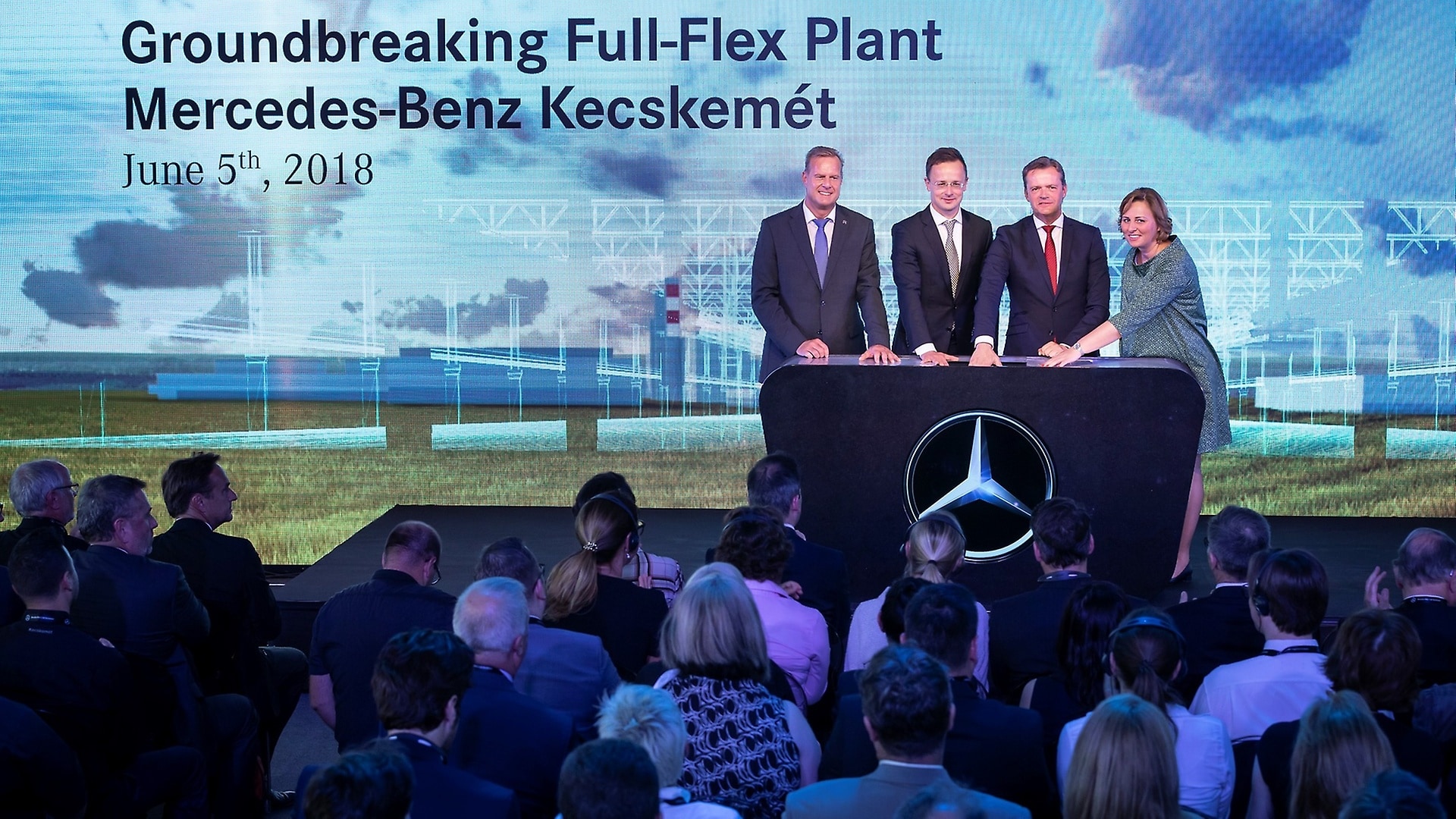
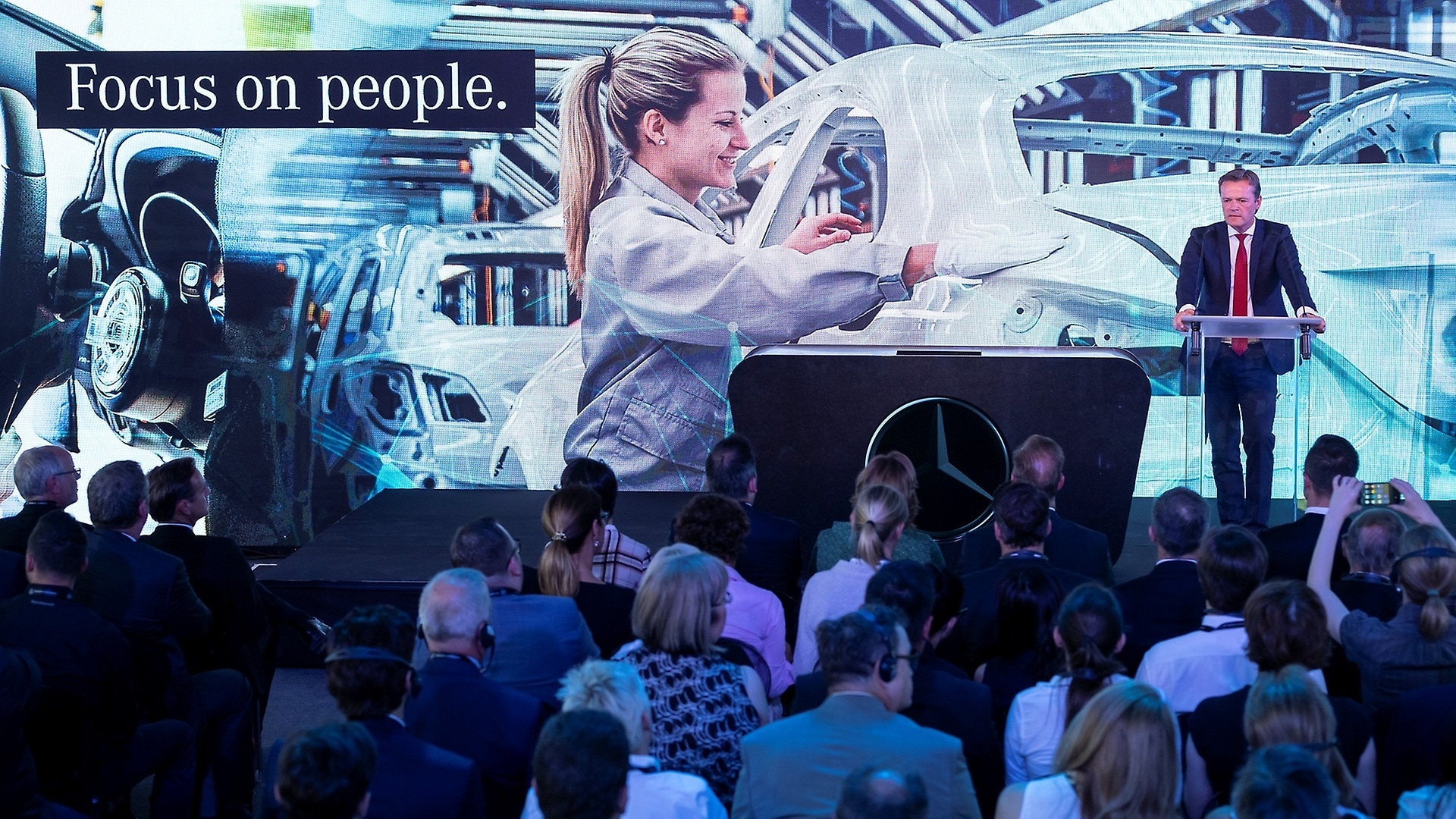
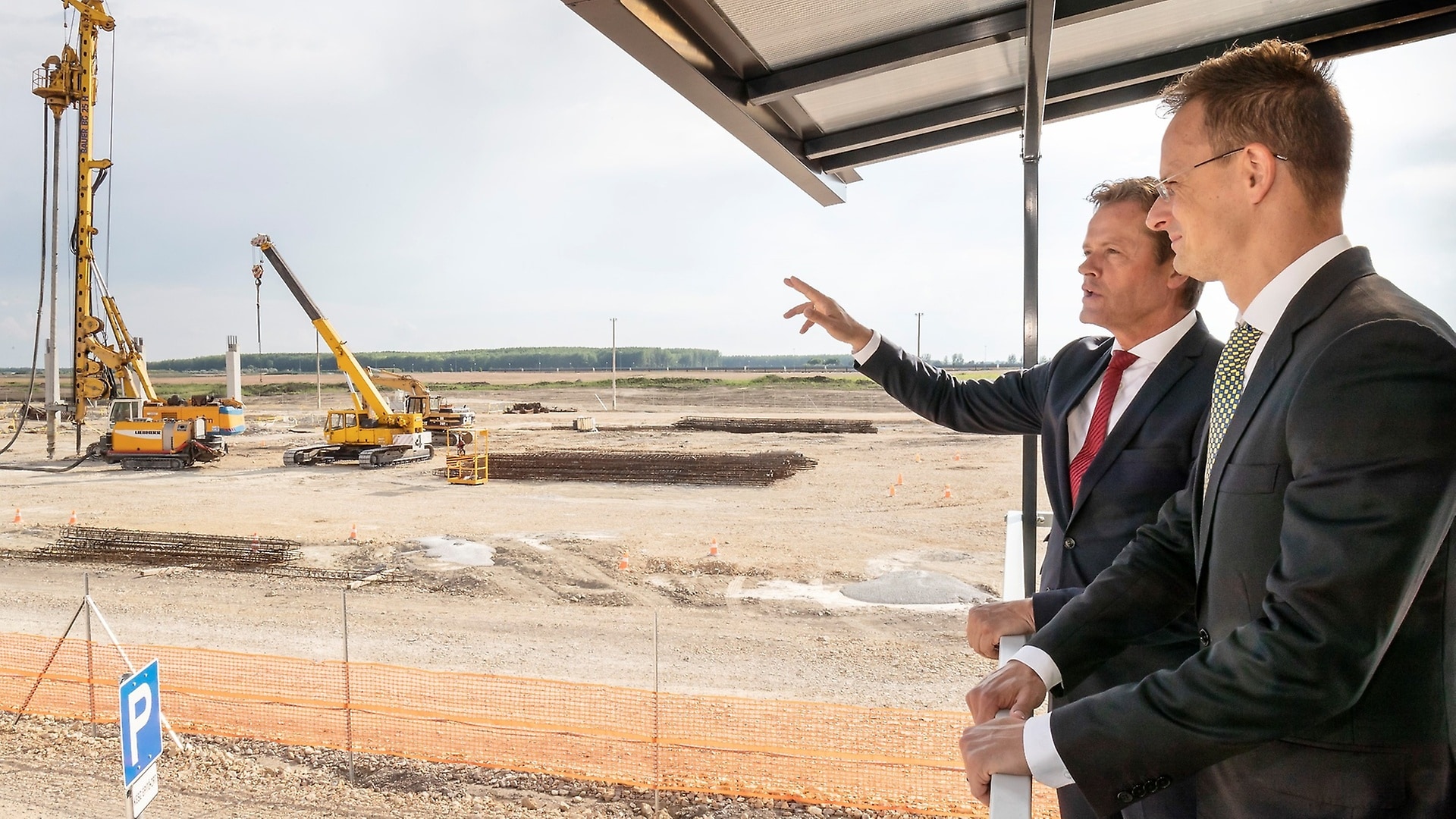

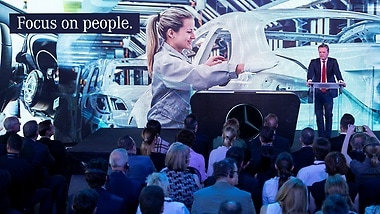
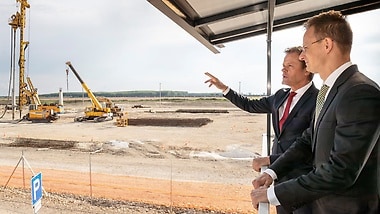
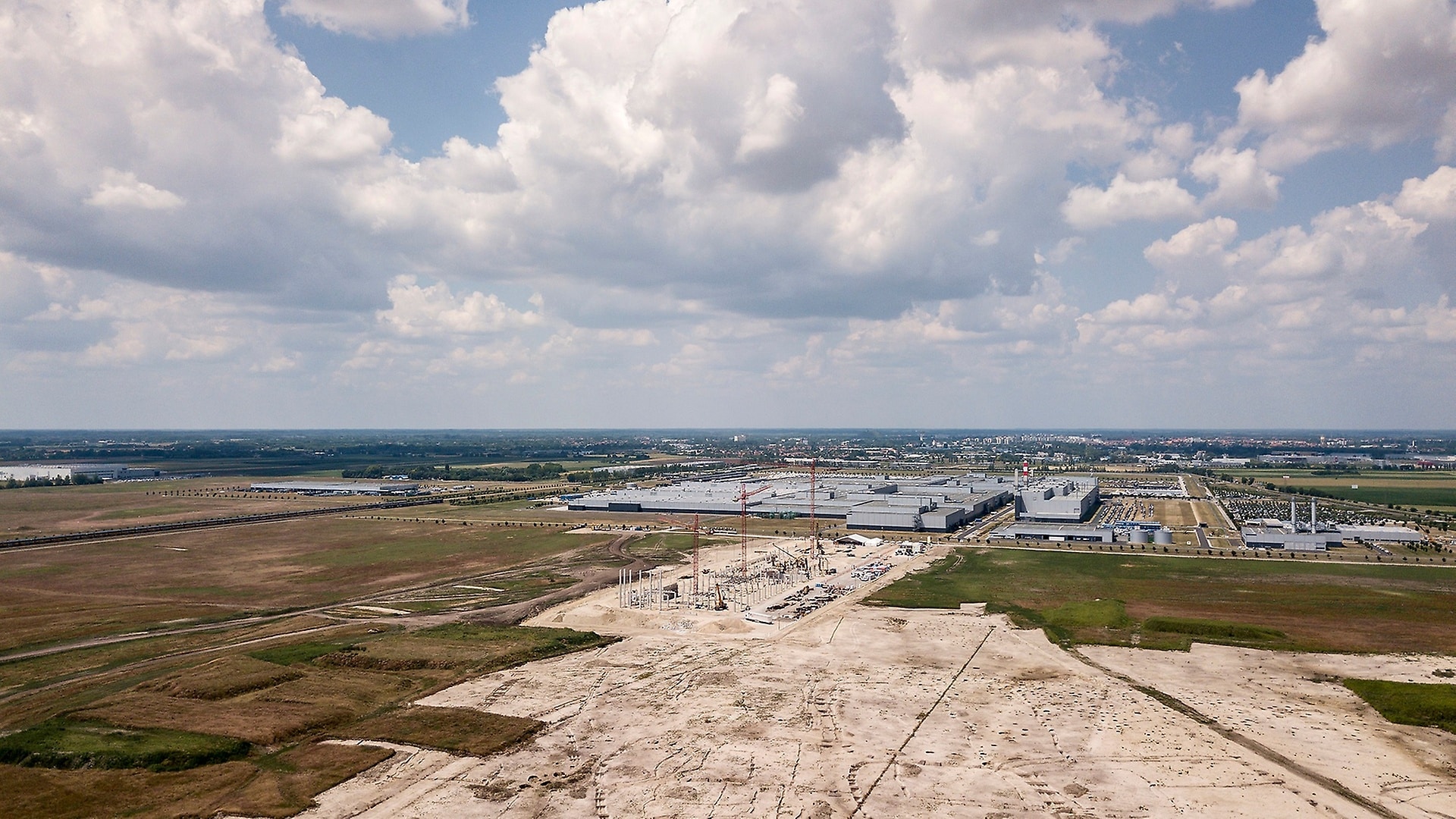
,xPosition=0.5,yPosition=0)
,xPosition=0.5,yPosition=0)